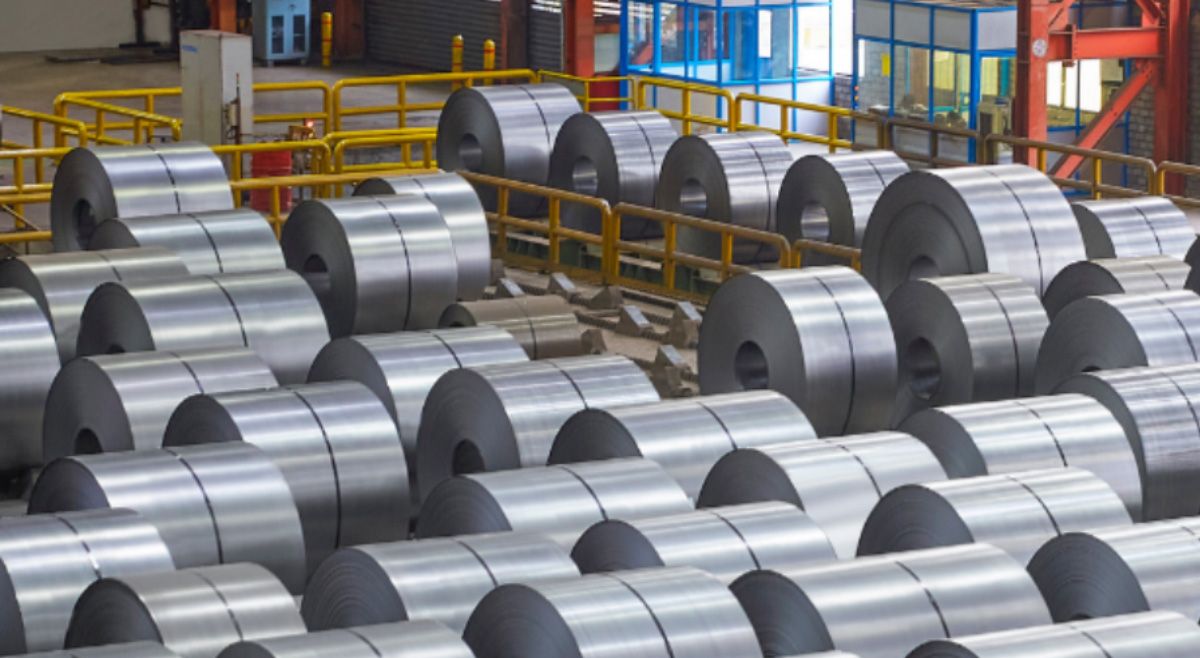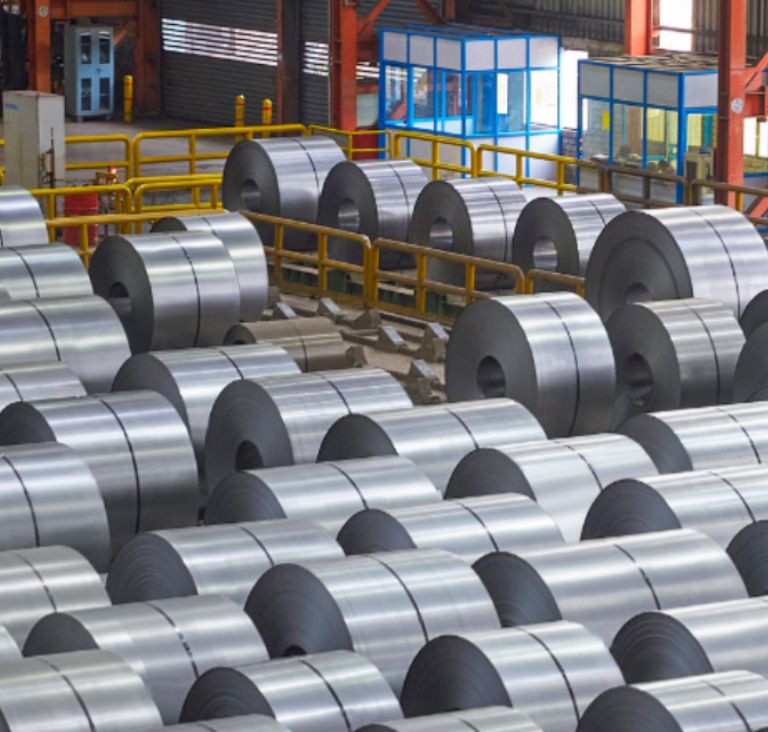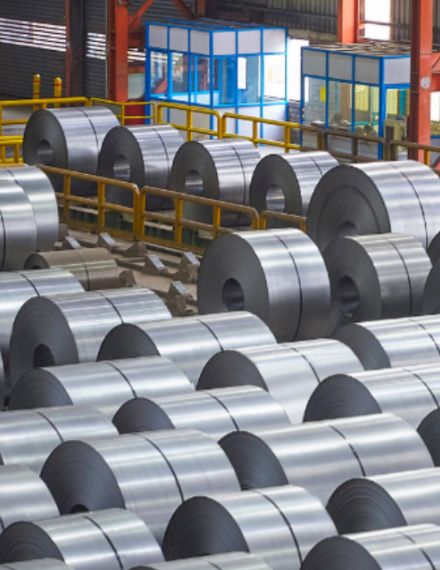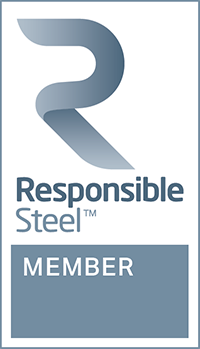Strengthening Mumbai's Future: The Essential Role of Steel in Monorail Infrastructure
Steel is the backbone of modern infrastructure, shaping the growth of cities and industries worldwide. From iconic skyscrapers to expansive bridges, steel transforms vision into reality. In India, its significance in transportation infrastructure is unparalleled, underpinning landmark projects like metro and monorail systems.
Take the Lucknow Metro Rail Project, for example—20,000 tonnes of steel supplied by SAIL brought this vision to life, highlighting how steel drives the development of resilient, efficient public transport.
In Mumbai, a city grappling with the challenges of urban mobility and a burgeoning population, the Mumbai Monorail serves as a shining example of steel’s transformative power. The city’s coastal environment demands materials that are not just strong but also corrosion-resistant. Cold rolled steel, known for its precision and durability, meets this challenge head-on, ensuring the monorail infrastructure stands the test of time and environmental wear. Steel serves as the cornerstone of progress, driving Mumbai and similar cities toward a future that is resilient, sustainable, and innovative.
Why Steel is Integral to Mumbai’s Monorail Project
Mumbai is known for its hustle and bustle, with its local trains being one of the busiest in the world. However, with the city’s population continuously rising, the demand for a robust, sustainable transport system has never been higher. The Mumbai Monorail is part of the city’s efforts to provide a modern, efficient alternative to its overcrowded local trains.
Steel, particularly cold rolled products, is central to the success of such projects. Its strength, durability, and versatility make it the go-to material for almost every part of the monorail system—whether it’s the tracks, train carriages, or even the stations themselves. Cold rolled steel is engineered to be resistant to corrosion, which is crucial in a coastal city like Mumbai, where humidity and saltwater can quickly degrade less resilient materials.
At JSW Steel, we are proud to be an integral part of this evolution. Through our cold-rolled products, we ensure that the steel used in the monorail project meets the highest standards of performance, safety, and longevity. This project isn’t just about creating a transport solution; it’s about contributing to the city’s future with materials that are built to last, just like the city’s ambitions.
Cold Rolled Steel: The Heart of the Monorail’s Strength
Cold rolled steel plays a critical role in the overall efficiency of the Mumbai Monorail system. Known for its precision and smooth finish, cold-rolled steel reduces friction, which in turn lowers the wear and tear on components. This means smoother operations, longer-lasting infrastructure, and less downtime for maintenance - crucial factors when designing systems that need to operate continuously in a busy urban environment like Mumbai.
Beyond the practical benefits, cold-rolled steel’s adaptability makes it suitable for a variety of applications within the monorail system. From the tracks that carry the trains to the structural components that support the entire system, steel provides the strength needed to meet the demands of a growing city. Thanks to products like cold-rolled sheets, these components are both lightweight and incredibly strong-critical qualities for ensuring that the monorail can carry millions of passengers smoothly and safely.
Building a Sustainable, Efficient Future
The Mumbai Monorail project showcases the transformative evolution of urban transportation in India. As cities like Mumbai continue to grow, it’s important that their infrastructure grows with them. Steel plays a vital role in ensuring that this infrastructure is durable and also sustainable for the future. It ensures that the systems we build today will serve the needs of tomorrow’s population.
For all of us at JSW Steel, working on projects like the Mumbai Monorail is more than just providing materials; it’s about contributing to a future where cities can thrive with transportation systems that support sustainable growth. This is the kind of impact we, as a company, take pride in. It's a reminder that our role in building the country’s infrastructure isn't just about steel-it's about shaping the cities of the future.
Final Thoughts: Steel’s Role in Shaping Tomorrow
The Mumbai Monorail project is an example of how steel isn’t just about building for today—it’s about building for tomorrow. As urbanisation continues to accelerate, the need for reliable and efficient infrastructure will only grow. Steel, with its strength and versatility, will remain at the core of these developments. And at JSW Steel, we are proud to be part of this transformative journey, contributing to projects that strengthen our cities and our future.




